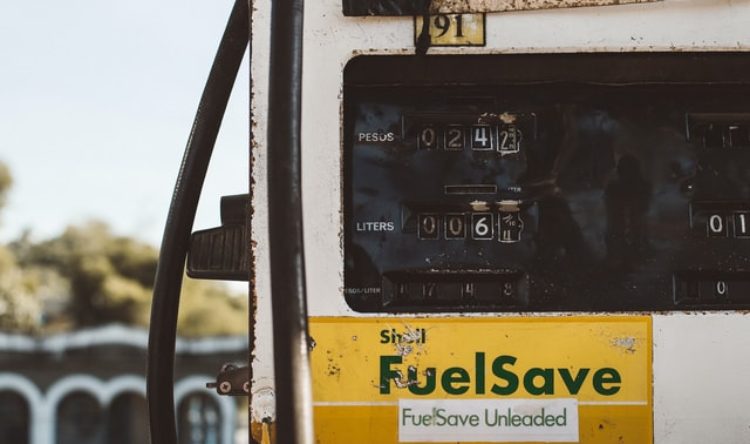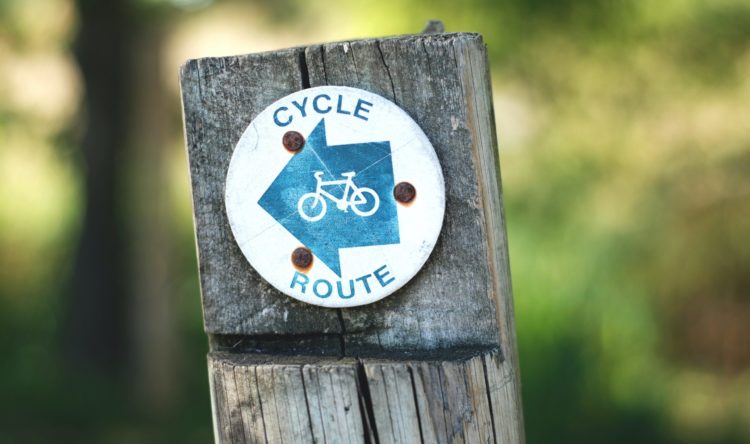Immediate bans
Police call for the power to ban drivers at the roadside
Police traffic officers should have the power to disqualify drivers at the roadside.
This is the view of police chiefs to remove dangerous criminal drivers from the road.
They believe this would remove danger to other road users immediately, as well as acting as a stronger deterrent.
Speedy resolutions
According to Sky News, Police chiefs are calling for the new powers to allow officers “immediately” reduce the danger to other road users.
They ae concerned that these drivers can continue driving whilst they await court cases and sentencing hearings at Magistrates’ Courts.
When it comes to drink and drug driving offences in particular, much research has shown that these are repeat offenders. Despite being topped at the roadside and caught for being over the legal limits, many return behind the wheel the next day and could be over the limit again.
Hearings for such offences can take weeks to get to the court.
Clear offences
Chief Constable Jo Shiner, the National Police Chiefs’ Council (NPCC) lead for roads policing, said: “The ability for us to be able to disqualify people either for drink or drug-driving by the roadside would mean that we can immediately take that risk off the road.
“And those people can’t be behind the wheel, particularly if they’ve blown well over the legal limit.”
Under the current system, drivers are checked using a road-side test. If positive, it is followed by a confirmatory test at a police station.
If that second test comes back positive, they are charged and sent to court.
Force chiefs are currently in early discussions looking at the type of tests that could be used to allow officers to ban people at the roadside.
Decisive deterrents
NPCC are also looking at the legal changes needed to make the move possible.
As well as roadside bans, the NPCC also want tougher punishments for drivers who kill while under the influence, including potential murder charges.
Ms Shiner said: “We should have greater sentencing and far greater sentences, particularly for those people who do kill or seriously injure people on the roads.
“I actually do believe that if someone makes that decision to get behind the wheel, under the influence of drink or drugs, that is a conscious decision they have made to get into a vehicle and therefore to put other people at risk.
“I think we really do need to work hard on making sure that we’re strengthening the sentencing and making sure that we are properly using, where we can, sentencing that is already available to us.”






